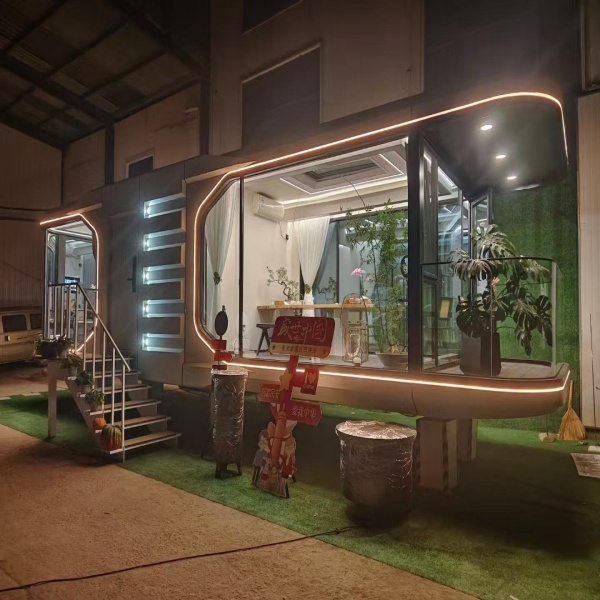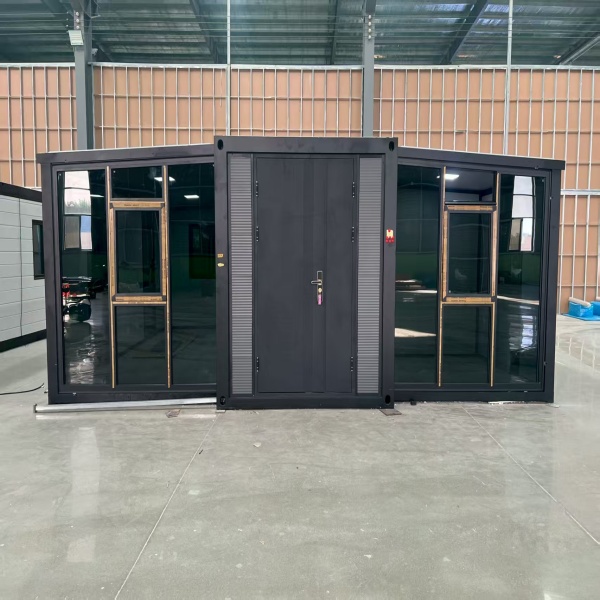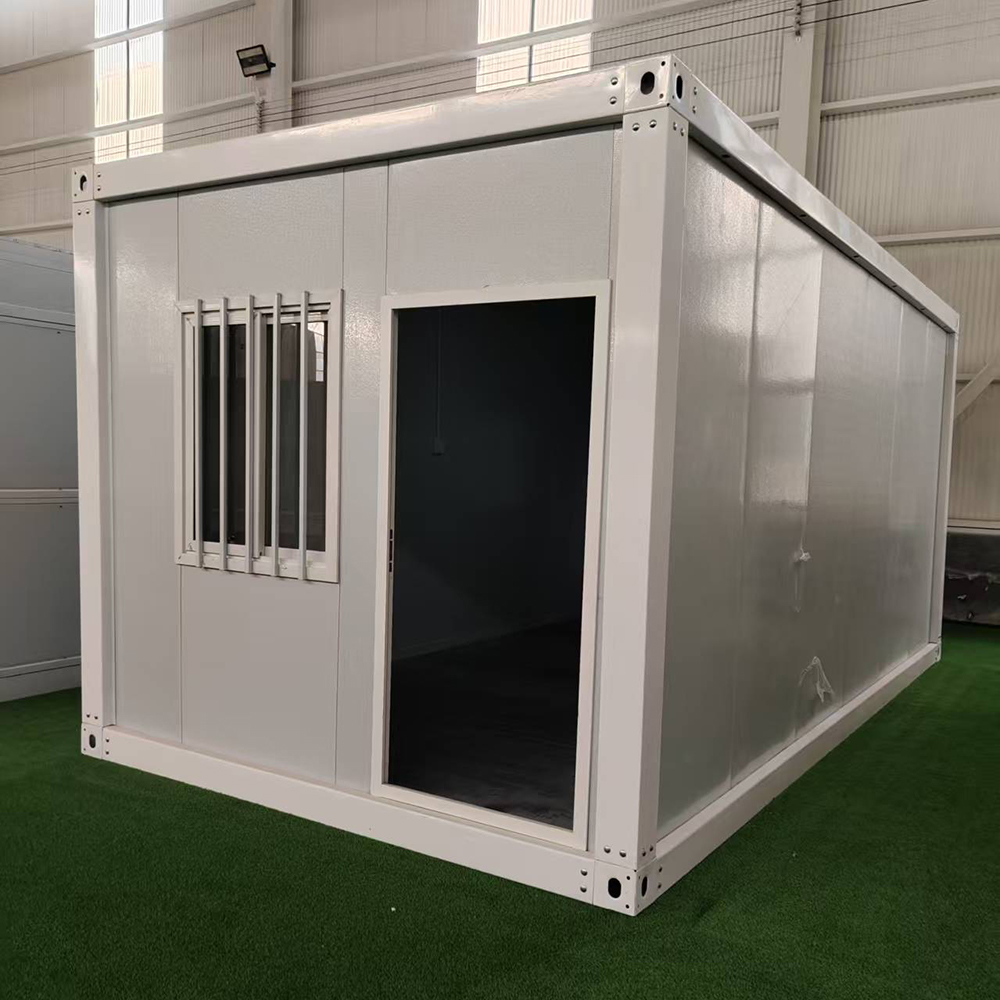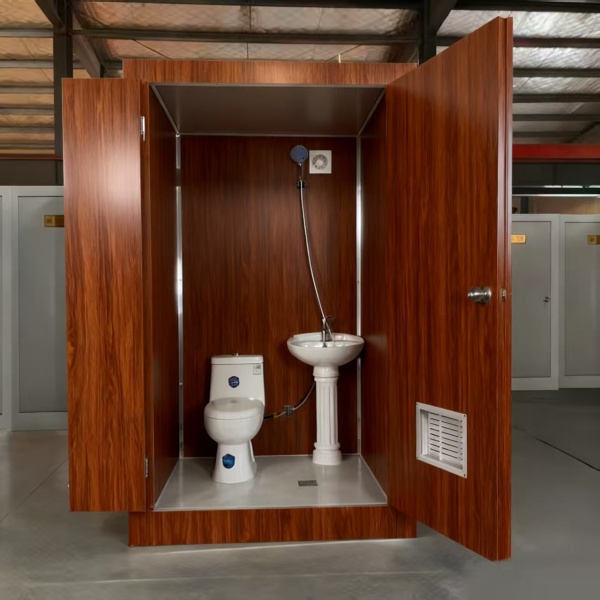-
E-mail
Austin120521@outlook.com -
E-mail
sales@jujiuhouse.com -
Telephone
+86-17864099991 -
Telephone
+86-17854044442
- Chinese
- French
- German
- Portuguese
- Spanish
- Russian
- Japanese
- Korean
- Arabic
- Irish
- Greek
- Turkish
- Italian
- Danish
- Romanian
- Indonesian
- Czech
- Afrikaans
- Swedish
- Polish
- Basque
- Catalan
- Esperanto
- Hindi
- Lao
- Albanian
- Amharic
- Armenian
- Azerbaijani
- Belarusian
- Bengali
- Bosnian
- Bulgarian
- Cebuano
- Chichewa
- Corsican
- Croatian
- Dutch
- Estonian
- Filipino
- Finnish
- Frisian
- Galician
- Georgian
- Gujarati
- Haitian
- Hausa
- Hawaiian
- Hebrew
- Hmong
- Hungarian
- Icelandic
- Igbo
- Javanese
- Kannada
- Kazakh
- Khmer
- Kurdish
- Kyrgyz
- Latin
- Latvian
- Lithuanian
- Luxembou..
- Macedonian
- Malagasy
- Malay
- Malayalam
- Maltese
- Maori
- Marathi
- Mongolian
- Burmese
- Nepali
- Norwegian
- Pashto
- Persian
- Punjabi
- Serbian
- Sesotho
- Sinhala
- Slovak
- Slovenian
- Somali
- Samoan
- Scots Gaelic
- Shona
- Sindhi
- Sundanese
- Swahili
- Tajik
- Tamil
- Telugu
- Thai
- Ukrainian
- Urdu
- Uzbek
- Vietnamese
- Welsh
- Xhosa
- Yiddish
- Yoruba
- Zulu
- Kinyarwanda
- Tatar
- Oriya
- Turkmen
- Uyghur

folding house price
Understanding Folding House Prices
The concept of folding house price is intriguing yet often misunderstood in the real estate and construction sectors. It's not just about costs dropping; rather, it's influenced by various factors from materials to market trends. Let's delve into what truly affects these prices and how companies like Shandong Jujiu Integrated Housing Co., Ltd. are navigating this evolving landscape.
The Complexity of Folding House Prices
When we talk about folding house price fluctuations, it's not merely about economic downturns pushing prices down. The integrated housing market is impacted by innovations, supply chain disruptions, and consumer demand for more sustainable and flexible housing solutions. Shandong Jujiu, for instance, taps into cutting-edge design and production techniques to address these demands efficiently.
Market volatility is another crucial factor. Let's face it, global events can abruptly change construction costs. Companies like Shandong Jujiu must remain vigilant, adjusting strategies to mitigate risks associated with sudden material cost spikes. It's not just theory; I've seen how quickly a well-planned project can turn unprofitable without agile management.
Furthermore, evolving environmental regulations can affect project budgets. Green building materials, while reducing energy costs in the long run, might require a higher initial investment. That's where Shandong Jujiu's expertise in optimizing design plays a critical role, balancing cost and compliance.
Strategic Design and Cost Optimization
Shandong Jujiu has mastered the art of cost optimization through strategic design. By integrating technology and streamlined processes, they reduce waste during production and construction phases. This approach directly influences the folding house price, enabling them to offer competitive pricing without compromising quality.
In practice, this looks like the precise manufacturing of components in controlled environments. When we cut down on-site labor and material wastage, the benefits trickle down to the consumer, making homes both affordable and durable. It’s not just a sales pitch; I’ve witnessed projects where these savings kept developments viable during uncertain times.
The modular nature of these houses also allows for scalability, a feature that can significantly mitigate unexpected cost surges. Shandong Jujiu’s ability to adapt and expand or contract builds based on client needs is a real game-changer in maintaining attractive price points.
Integrating Innovation in the Marketplace
Innovation isn't just about new gadgets; it’s about rethinking how we approach housing solutions. At Shandong Jujiu, this means integrating smart technologies that enhance living experiences while keeping prices in check. Their efforts extend to their online presence at https://www.jujiuhouse.com, showcasing their commitment to transparency and client education.
Emerging technologies in automation and AI help streamline planning and implementation phases. This not only hastens the construction timeline but also ensures fewer errors and reworks, ultimately reflecting on the folding house price. It’s one thing to read about it, but seeing a project ahead of schedule is where the impact really hits home.
Consider Shandong Jujiu’s approach to packing box rooms and light steel villas. Advanced design techniques not only meet modern aesthetic standards but also maximize space utilization. It's a simple formula: better designs equate to happier customers and better control over pricing dynamics.
Sustainability: A Determinant of Prices
Sustainability isn't just a buzzword—it's a key determinant of folding house price. Materials chosen for longevity and minimal environmental impact can affect initial costs, requiring a careful balance. Shandong Jujiu's experience in managing these trade-offs is evident.
Green engineering and sustainable materials may initially inflate project costs, but they pay dividends in energy efficiency and lower maintenance expenses. I’ve noticed how clients increasingly seek such benefits, often prioritizing them over short-term savings. A wise investment, in my experience.
Moreover, sustainable practices enhance corporate responsibility and brand value, which can lead to increased consumer trust and, ultimately, a steadier market demand. In an industry often plagued by change, reputation becomes a powerful tool in stabilizing prices.
Lessons from the Field
Real-world experience provides some of the best insights. In my work with integrated housing, I’ve encountered both anticipated and unforeseen challenges. Projects planned meticulously still encounter delays due to factors like permit approvals or logistical hiccups. The ability to adapt is crucial.
Shandong Jujiu’s systematic approach to problem-solving — from design optimization to efficient supply chain management — is why they stand out. Their readiness to pivot in the face of issues ensures that projects stay on track, affecting folding house price positively.
From my perspective, understanding the market's intricacies and leveraging strategic partnerships can differentiate success from frustration. Shandong Jujiu’s model provides an impressive case study on how integrated planning and execution can secure a favorable pricing landscape.
As we move forward, it’s clear that a deep understanding of these dynamics, enhanced by practical experience and innovation, will continue to define the housing market’s direction. Companies willing to embrace these principles are more likely to thrive, offering competitive pricing without sacrificing quality or sustainability. This is where the real work lies.
Related products
Related products
Best selling products
Best selling products-
 Detachable Design Prefabricated Container House Portable Modular Office Building Folding Container House
Detachable Design Prefabricated Container House Portable Modular Office Building Folding Container House -
 Easy Install Customized Detachable Container Homes Extendable House Prefab 2 Floors Expandable Container House
Easy Install Customized Detachable Container Homes Extendable House Prefab 2 Floors Expandable Container House -
 A container house with a terrace and double-wing folding design, suitable for various purposes such as offices, meeting rooms, living rooms, etc.
A container house with a terrace and double-wing folding design, suitable for various purposes such as offices, meeting rooms, living rooms, etc. -
 Luxury Prefabricated Living Container House Modular Glass Tiny House Prefab Container Home Apple Cabin
Luxury Prefabricated Living Container House Modular Glass Tiny House Prefab Container Home Apple Cabin -
 Outdoor ecological capsule rooms, luxury pods, space capsule hotel rooms, prefabricated space capsules, container houses
Outdoor ecological capsule rooms, luxury pods, space capsule hotel rooms, prefabricated space capsules, container houses -
 Customizable Office Mobile Home with Flat Roof and Double Wing Expansion Box, Convenient Container
Customizable Office Mobile Home with Flat Roof and Double Wing Expansion Box, Convenient Container -
Two Wing Folding Expandable Container House
-
 High-quality Double-wing Folding Container House with Doors and Windows, Insulated Walls, Suitable for Various Scenarios.
High-quality Double-wing Folding Container House with Doors and Windows, Insulated Walls, Suitable for Various Scenarios. -
 Folding Container Moving House Modular Office Container House Prefab Container for Outdoor Use
Folding Container Moving House Modular Office Container House Prefab Container for Outdoor Use -
 Hot-selling foldable container houses, expandable prefabricated houses, suitable for office or living use, with fast delivery.
Hot-selling foldable container houses, expandable prefabricated houses, suitable for office or living use, with fast delivery. -
 Good Quality Modular Homes Prefabricated House Expandable Container House 20FT Mobile Flat Roof House
Good Quality Modular Homes Prefabricated House Expandable Container House 20FT Mobile Flat Roof House -
 Customized Expandable Container House Holiday Home Folding Prefab Container House with Bathroom and Kitchen
Customized Expandable Container House Holiday Home Folding Prefab Container House with Bathroom and Kitchen
Related search
Related search- economical prefabricated modular mobile portable container house
- foldable prefabricated folding container house
- China china wholesale container prefabricate house
- container fold out house
- portable unfolding house
- China wholesale expandable container house 40ft luxury
- China expandable shipping container house
- China movable space capsule homes
- folding house trailer
- pre built shipping container house












